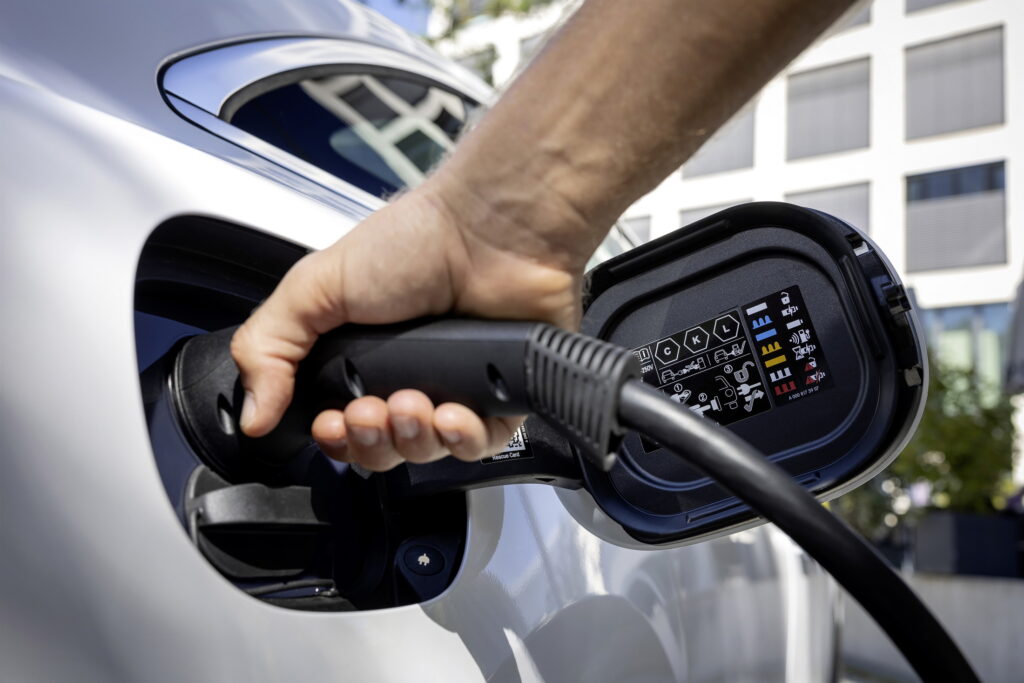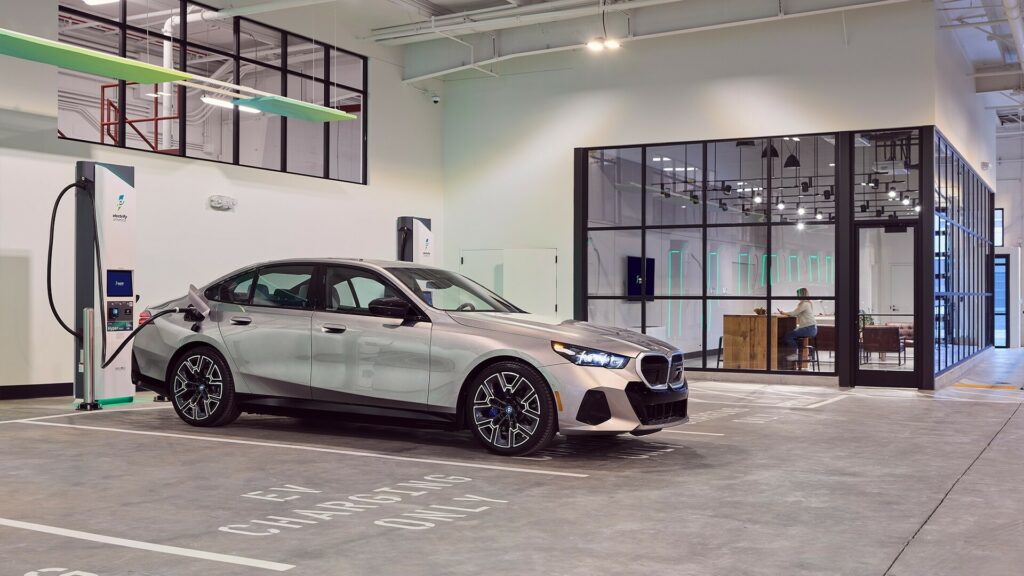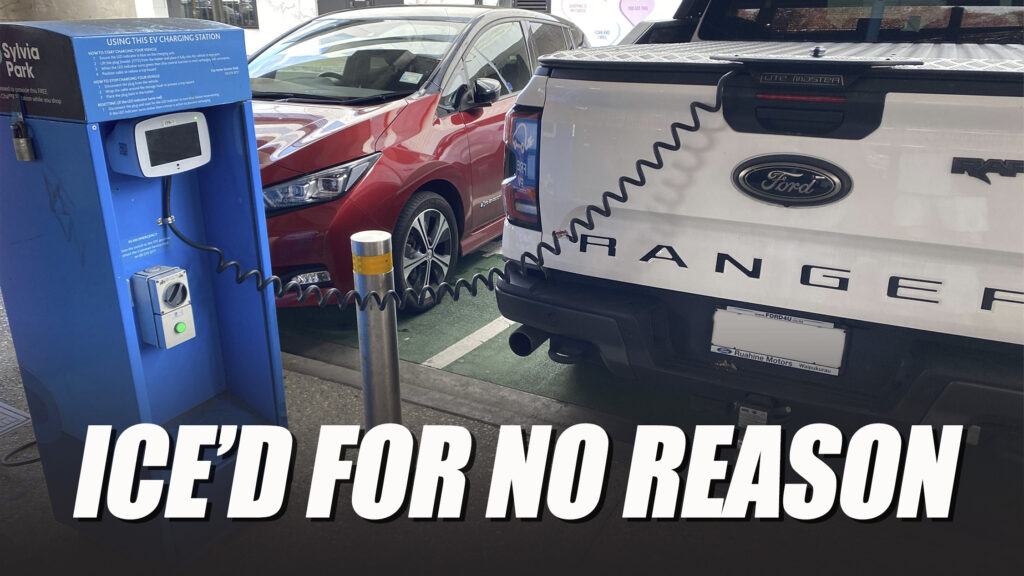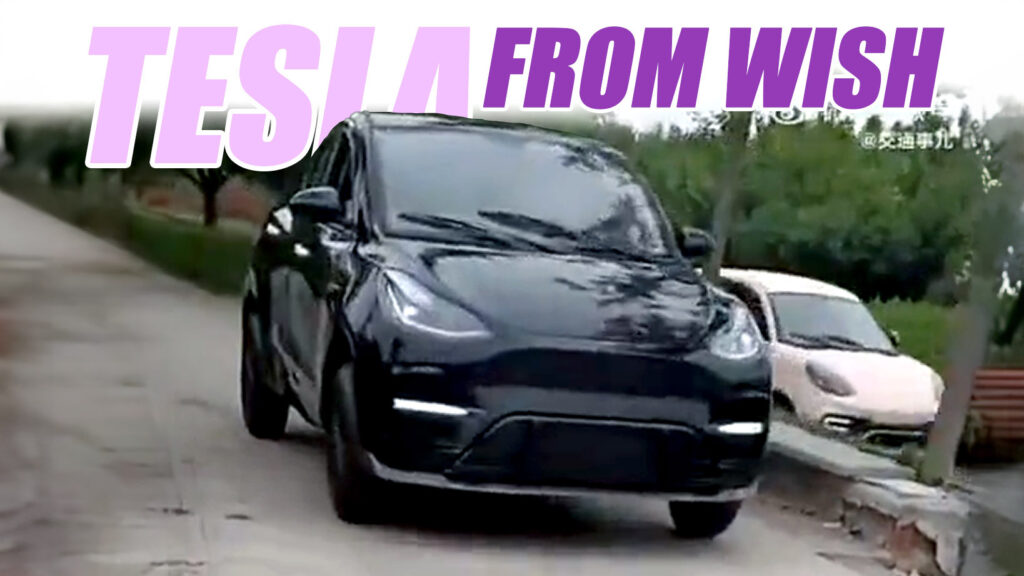- Fewer Americans polled this year than last year said they were likely to consider buying an EV.
- Worry over charging infrastructure is the biggest reason given for not going electric.
- Purchase price, driving range, charging times and lack of charging options at home and work also given as reasons to reject EVs.
American drivers in 2024 are less likely to consider buying an EV than were in 2023, despite the choice of electric cars being bigger than ever, a new study has found.
J.D. Power polled more than 8,000 drivers between January and April for its annual Electric Vehicle Consideration (EVC) report and learned that the number of people who say they are “very likely” to consider purchasing an EV stood at 24 percent, down from 26 percent last year. Those who said they were “overall likely” to buy one also dropped, falling from 61 percent to 58 percent.
More: Average New Car Payments Climb To $762 A Month As Prices Rise
Generation Y (those born between the early 1980s and mid 1990s) is the age group most likely to splash out on a new EV at 32 percent, but that number was down 5 percentage points, and both they and their younger Gen Z (mid 1990s to early 2010s) counterparts admit to struggling with the high cost of electric cars versus conventional ICE-powered equivalents.
Reasons for EV rejection
But the biggest concern when average among all the groups is that old bugbear, charging infrastructure. Although there are more charging stations available in American now than there were a year ago, the number of people claiming that worries over charging options would dissuade them from buying an EV has grown by 3 percent to 52 percent.

Other very familiar reasons given for rejecting the idea of buying an EV include electric driving range, charging time and not having anywhere at home or work to charge a battery.
J.D.’s analysts say that high interest rates, generally low gas prices, lack of understanding of available incentives, and a less spectacular growth in the number of new models available compared with previous years were all roadblocks to EV adoption.
More: New Study Finds 16% Of EV Owners Have Run Out Of Juice
The study also found that the number of drivers who drive relatively long distances each day (46-60 minutes) and are keen on getting an EV has dropped by a massive 13 percentage points to only 24 percent. It also revealed that households looking for an additional car are far more likely to consider an EV than those looking for a primary vehicle (68 versus 47 percent).









